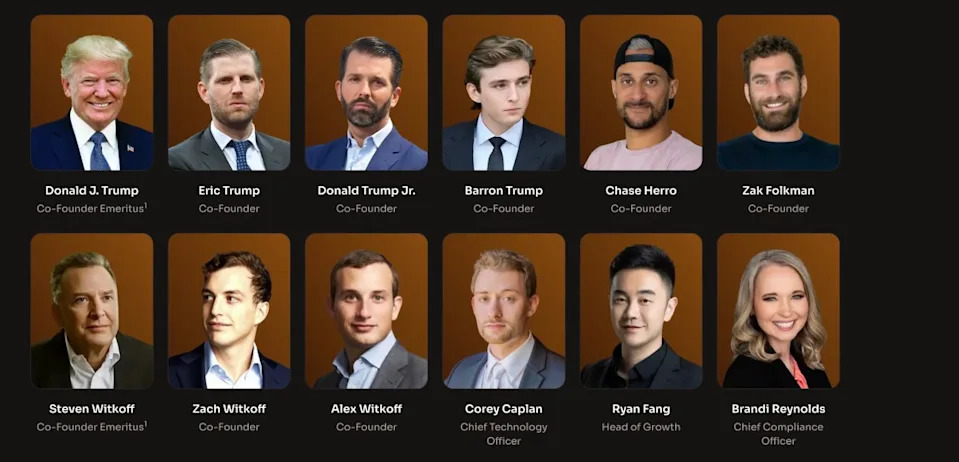Exclusive: Trump’s crypto project security advisor reveals major reason for 272 wallet blacklistings
- September 6, 2025
- Category:

World Liberty Financial, t he Trump-family linked crypto project, has drawn backlash after blacklisting 272 wallet addresses in the days following its token launch.
In a conversation with TheStreet Roundtable , WLFI’s pseudonymous security advisor, Ogle, outlined why some holders suddenly found their tokens frozen and why, in his view, tougher screening comes with the territory.
Ogle is a cybersecurity expert who has helped recover over $400 million from major hacks, including Euler, Curve/Alchemix, and KyberSwap. He’s the co-founder of Glue, a blockchain ecosystem, and a serial entrepreneur who has built multiple multi-million-dollar tech companies.
“There are certain people who use wallets that are sending a bunch of money through Tornado Cash, or interacting with sanctioned [entities],” Ogle told TheStreet Roundtable. “You can’t expect a project associated with the President of the United States of America is going to be doing that.”
Notably, the World Liberty Financial website lists President Donald J. Trump and real estate mogul Steven Witkoff as ‘Co-Founders Emeritus’, a title signaling they are founders but not involved in daily operations. Active co-founders include Eric Trump, Donald Trump Jr., and Barron Trump, who are prominently featured as part of the leadership team.

Sun claims his address was blacklisted
The news came into public scrutiny when on Friday, Justin Sun claimed his WLFI allocation was frozen after a $9 million transfer was flagged on-chain, fueling a broader fight over compliance tools, decentralization, and what “blacklisting” should mean in a token economy.
Notably, in 2024, Sun revived interest in World Liberty Financial with a $30 million investment before the election, a stake he later increased to $75 million.
Sun posted on X calling the freeze “unreasonable,” arguing that tokens should remain “sacred and inviolable.” In a separate post, he said his wallet activity amounted to “generic exchange deposit tests” and “address dispersion,” not selling.
What triggered the freezes
WLFI publicly acknowledged the action in a detailed thread, saying 272 wallets were blacklisted “to prevent harm while we investigate and help impacted users.” The team’s breakdown:

